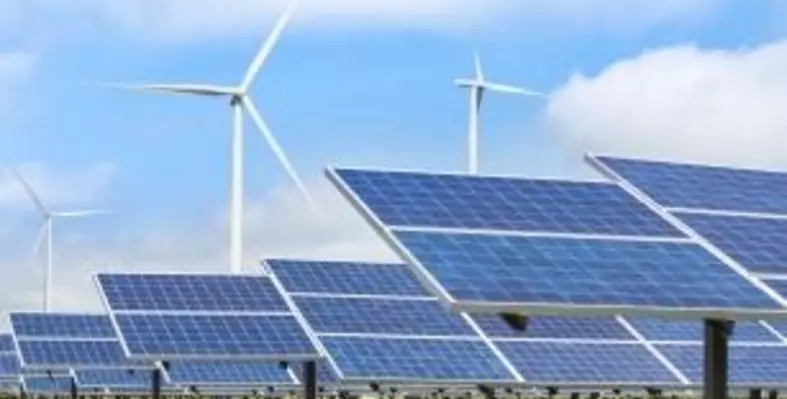Law firm DLA Piper has partnered with Invest Africa, the leading trade and investment platform for African markets, to support the development of ESG best practice in African renewable energy projects
Clear Environmental, Social and Governance (ESG) targets and measurements have become an increasingly important part of fundraising as investors seek to align their portfolios with sustainable growth. However, renewable does not always equal sustainable and developing and articulating ESG metrics can pose a significant challenge to projects as they prepare investment rounds.
The ESG project will assemble experts from the worlds of impact investment, development finance and law. Across a series of online meetings, participants will discuss strategies to improve ESG practices in African renewable projects from both a fundraising and operational perspective.
Veronica Bolton-Smith, chief operating officer of Invest Africa, said, “Africa is particularly vulnerable to the impact of climate change despite contributing very little to global emissions. As the price of renewables fall, they will form an ever more important part of Africa’s electrification. In this context, it is essential that projects be given the tools to apply best practice in ESG not only from an environmental perspective but also in terms of good governance, fair working conditions and contribution to social inclusion. I look forward to working closely with DLA Piper on this important topic.”
Natasha Luther-Jones, global co-chair Energy and Natural Resources and International co-dead sustainability and ESG at DLA Piper, commented, “Climate change is one of the biggest challenges companies, and people, face today and when we look at its reduction whether that be in how we power our devices, what we eat or how we dress, where we live or how we work, all roads come back to the need to increase the amount of accessible, and affordable, clean energy. However, renewable energy companies are not automatically sustainable as sustainability is a focus on all ESG factors, not just environmental. We know the need for renewable energy is only going to continue to rise, and therefore so will the number and size of renewable energy companies. The additional challenge is to make sure they are truly sustainable organisations and that’s what we’re excited about discussing during the webinar.”












